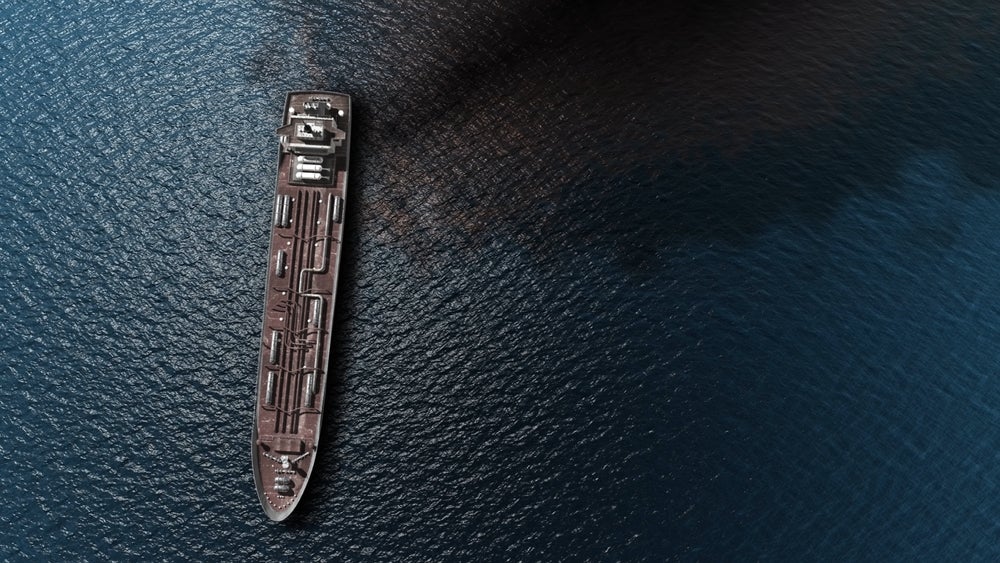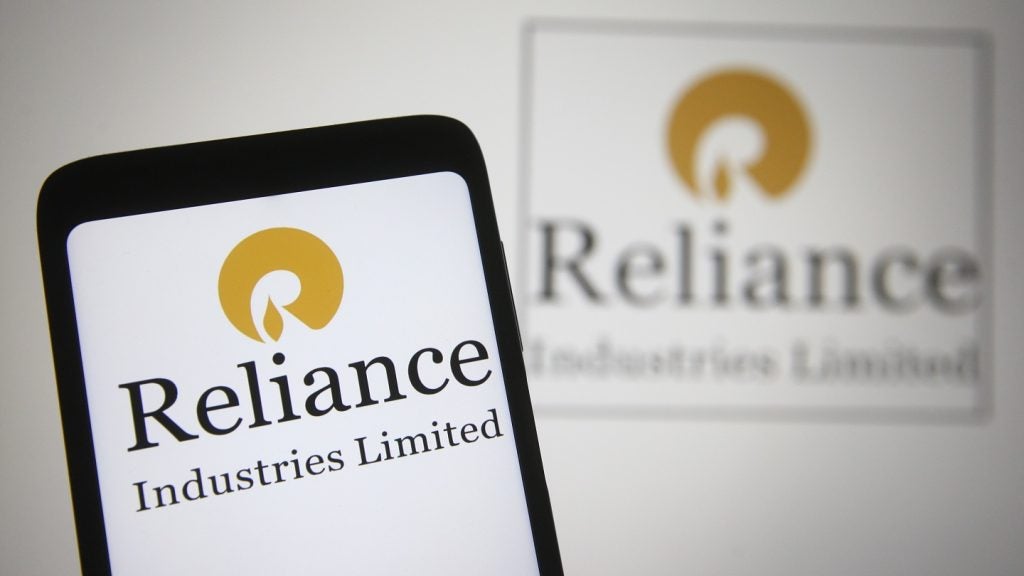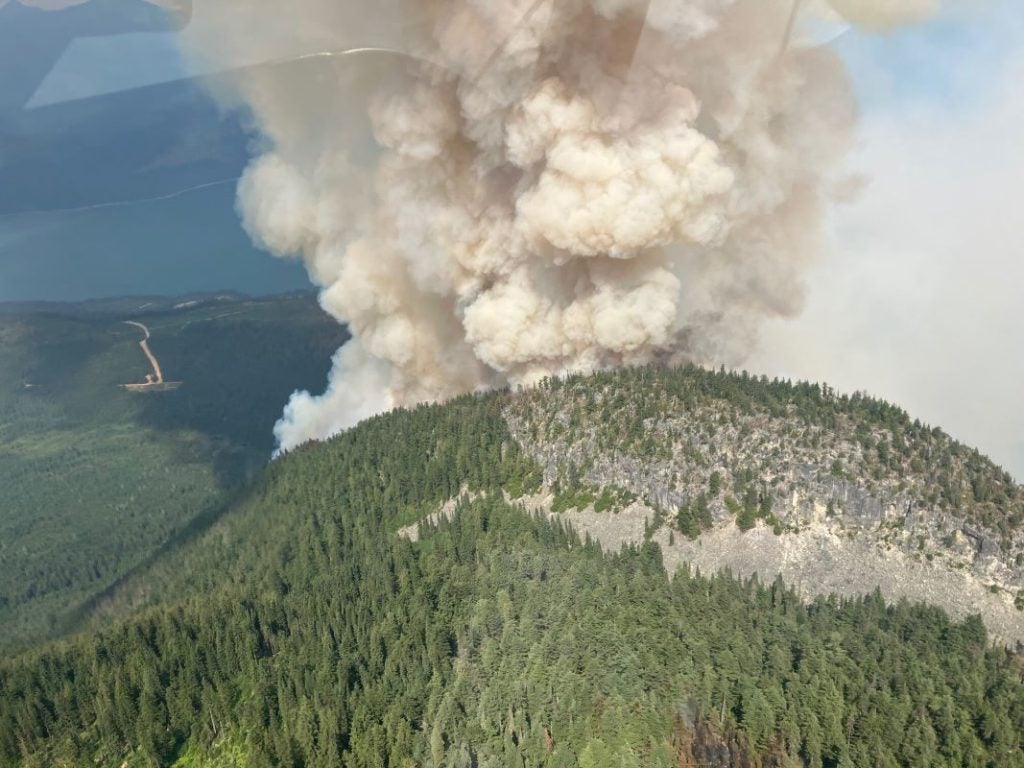Oilfield technology company Airborne Oil & Gas has started a qualification programme of a thermoplastic composite pipe (TCP) Riser for deepwater applications in South America.
The programme for a ‘major operator’ was started in collaboration with Subsea 7, a minority shareholder in Airborne Oil & Gas.
Airborne Oil & Gas CTO Henk de Boer said: “With our knowledge of materials and experience, we are able to work with the supply chain to develop the optimal material combination for each application, resulting in a fit-for-purpose approach.
“For this qualification in Brazil, we set out to develop a material that would allow operators to use a free hanging catenary configuration, to be installed by suitably available pipe-lay vessels.”
The company started the TCP Riser qualification programme with the objective to offer a new disruptive riser pipe technology to the offshore operators engaged in international deepwater applications.
Designed by Airborne Oil & Gas, the TCP Riser design is said to offer total installation at lesser costs compared to other existing solutions.
How well do you really know your competitors?
Access the most comprehensive Company Profiles on the market, powered by GlobalData. Save hours of research. Gain competitive edge.

Thank you!
Your download email will arrive shortly
Not ready to buy yet? Download a free sample
We are confident about the unique quality of our Company Profiles. However, we want you to make the most beneficial decision for your business, so we offer a free sample that you can download by submitting the below form
By GlobalDataIt also offers the operator significant flexibility with regard to subsea configuration and choice of installation vessel.
Subsea 7 technology manager Ivan Cruz said: “We believe that the TCP Riser can become a compelling solution for future deepwater fields.
“The technology has a disruptive potential as a fundamentally simple pipe, and a straightforward solution that equally removes the need for buoyancy requirements.”
In the qualification programme, Subsea 7 is engaged in conducting TCP Riser’s global Riser behaviour analysis and installation analysis.







